My obsession with knitting began many years ago and it’s something I’m very proud of ( unfortunately, this is not something I can say about my sugar and Reality TV obsession). I get really excited whenever I go to a large yarn store to check out all the tools and knitting accessories they have to offer that often inspire me to start a new project. Usually, the range is vast and for someone that is just starting to get interested in knitting, I know that it may seem like a lot of things to choose from. So, let’s break down the essentials and the few extras that you’ll need to make beautiful shawls, beanies, pillowcases, blankets and other knitted items.
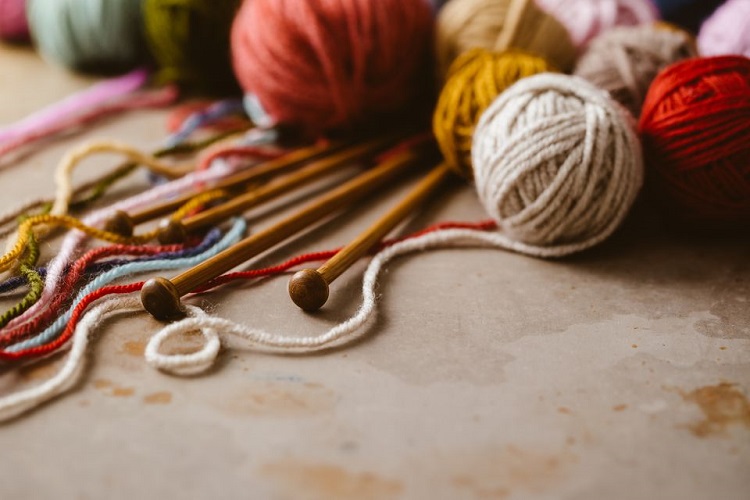
Essentials
For novice knitters, there is no need for owning more than a few balls of yarn and knitting needles. There are many types of yarns which differ in weight, fibres and colour. From self-stripping woollen yarns that pattern all by themselves as you knit, to soft and squishy yarns made from cotton and merino and delicate blends that include silk – you will be amazed by the vast range of yarns bigger stores offer. When picking, think about what will the shape and the size of the item be, do you expect it to keep you warm in winter or it’s supposed to be lightweight and keep you comfortable in summer. For instance, merino blends can be used for knitting winter mittens while silky yarns are best for delicate shawls. It’s best to consult with the seller and explain what you want to use the yarn for and hopefully, they could help you in your decision.
Apart from the yarn, needles make for the essential knitting accessories to get started. Again, there are a few types of needles to choose from which differ in style and material. Aluminium needles are a popular option and probably my favourite. I love them for the clicking sound they make which is almost therapeutic to me and brings me back to childhood listening to my mother knitting. Thanks to their smooth surface, they are useful for knitting with wool and woollen blends that tend to catch easily and can make the process less frustrating. Their slippery surface also makes you knit faster which is why I recommend them for more advanced knitters that are comfortable with them.
Plastic needles are another option and these are probably the least expensive and lightest of them all. For first-timers that simply want to experience the thrill of knitting, these needles are probably the best bet.
Wooden needles can be made of any hardwood with bamboo being the most popular choice as of late. These needles are also great to start with when knitting for the first time. Unlike the aluminium ones, they have a slightly rougher surface meaning you can form stitches in a slower and precise manner. They are very comfortable to hold and can be used for many types of yarns.
When it comes to the style of the needles again there are a couple of options. Straight needles are best used for knitting smaller projects or bigger items that are knitted in smaller parts and then sewn together. Double pointed needles that are pointed at both ends can be used for knitting small round items that don’t have seams like beanies and socks. Circulars needles consist of two short pointed sticks that are connected through a smooth cord. These are usually used for knitting larger projects like longer shawls and huge blankets because the cord offers more space for the stitches.
Additional Accessories
Despite the essentials tools, there are a few small extras that can make knitting a more pleasant process and add a special touch of personality to your finished projects.
If you love wearing shawls and cardigans (and hope to be able to make ones yourself) then maybe you should get yourself a few yarns shawl pins. Apart from keeping your shawl in place, these are the perfect knitting accessories to spice up your project and compliment your outfit. You will find them in many styles like elegant, cute, casual so it all comes down to your personal preference. A pin with a few white pearls can add a dose of elegance while if it’s the cute look that you’re after you can add a pin with beautiful wooden flowers to complement your shawl. Some can be even used for bags or as a hair ornament.
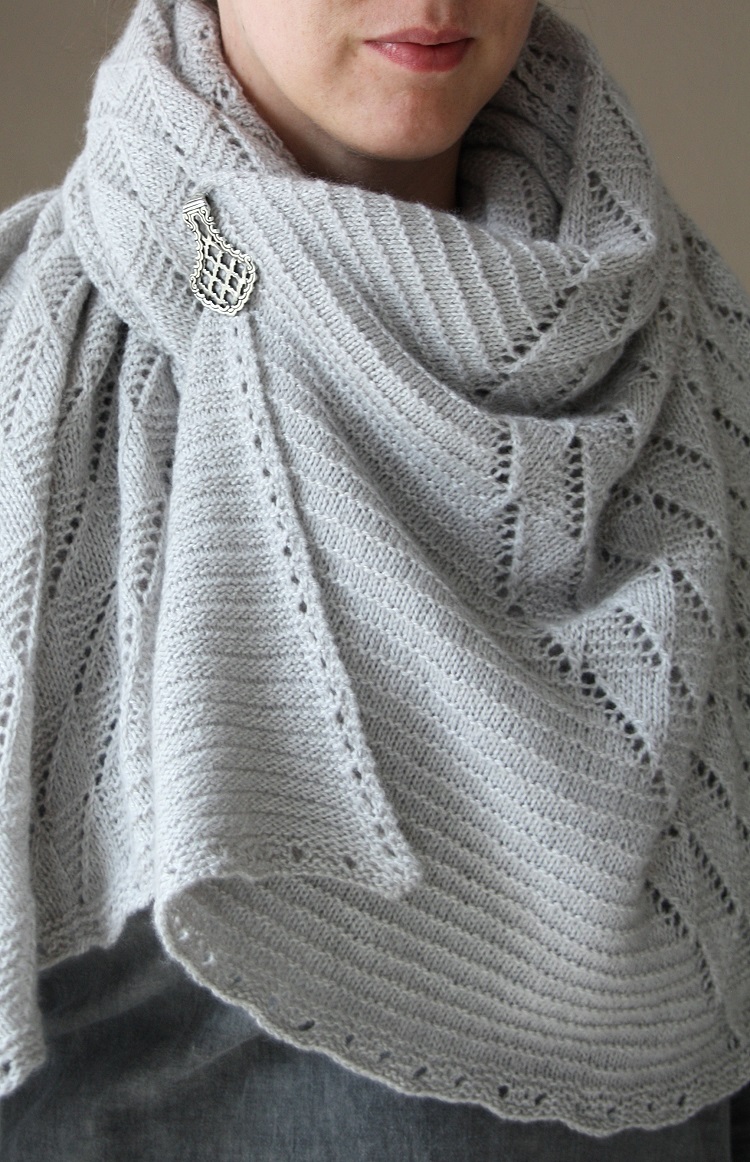
Stitch markers are small rings that you can slip on the needles to mark where are you in your knitting. These are great investment once you master basic projects like scarfs (that are basically knitting and purling back and forth) and move to more complicated patterns. Since you’ll need to count and mark stitches in these patterns, stitch markers can help you with counting to avoid potential mistakes and problems.
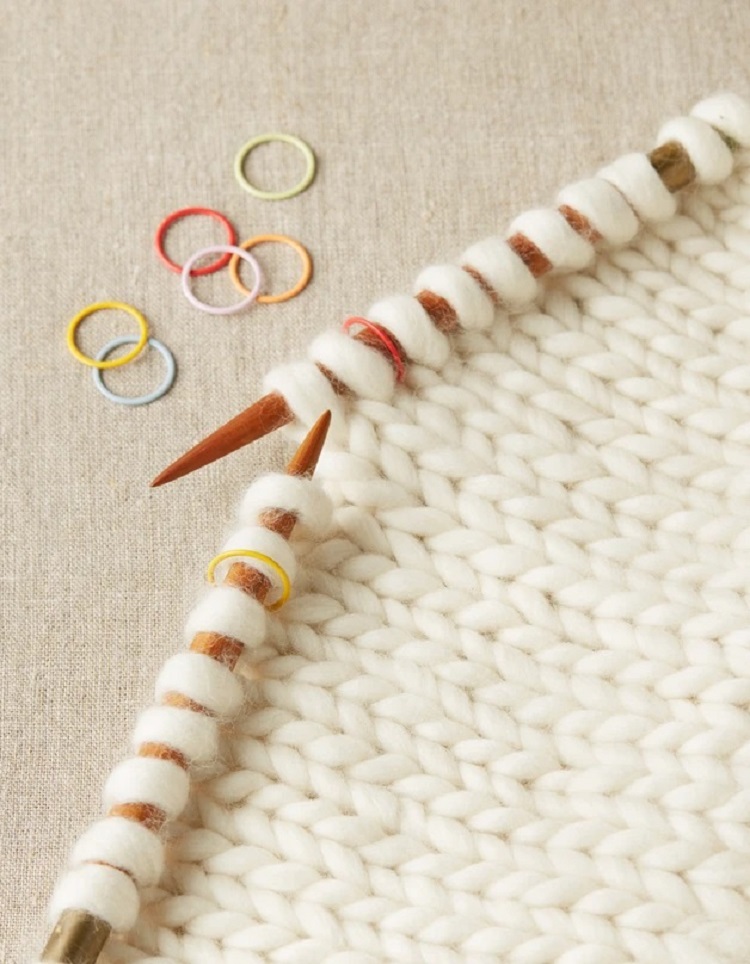












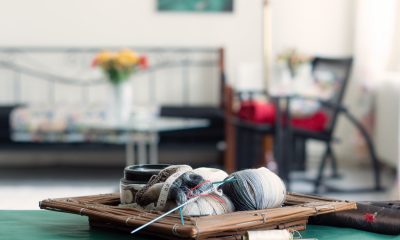
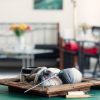



You must be logged in to post a comment Login